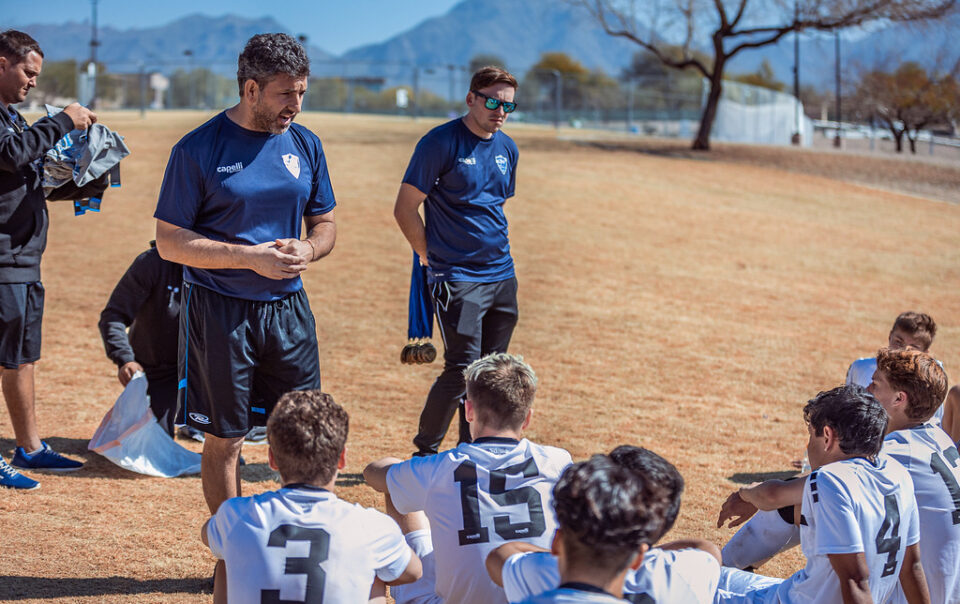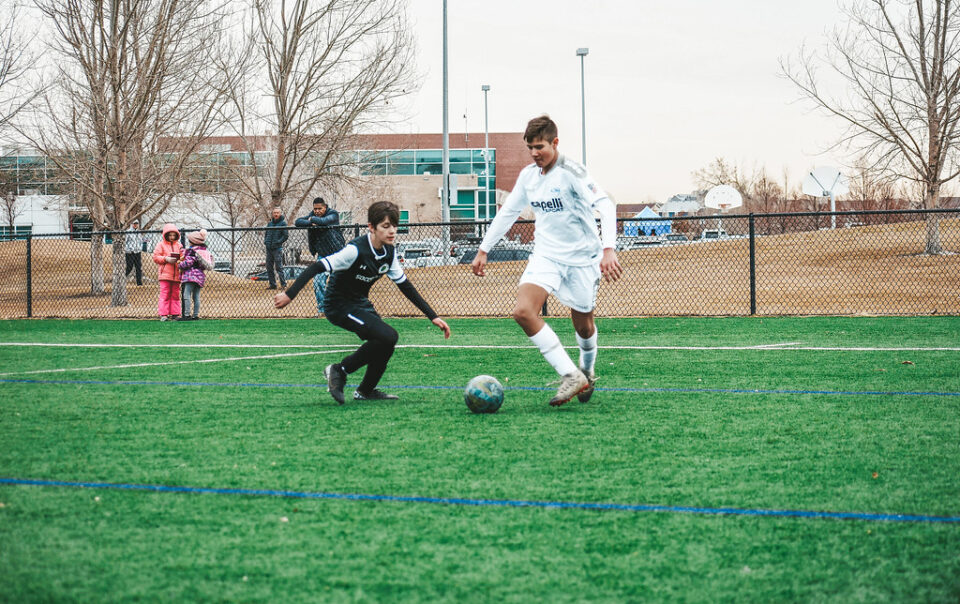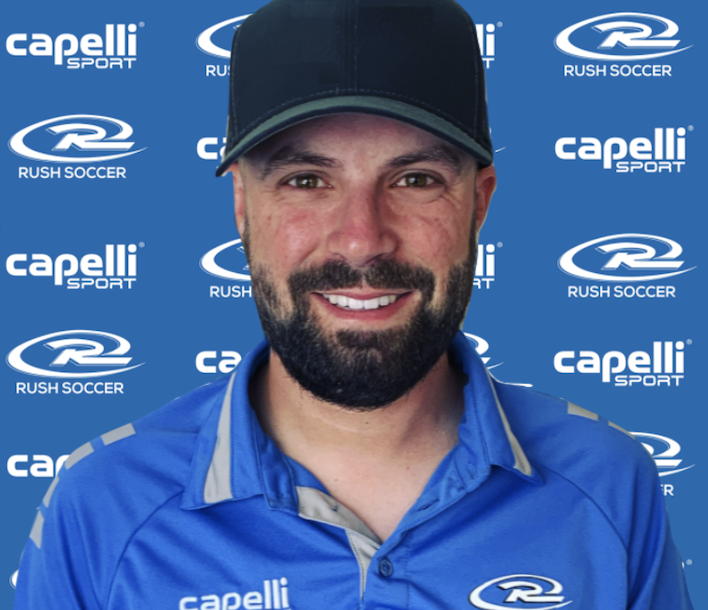Chris P. and Pablo Toledo, Rush Soccer’s Developmental Director & Sporting Project Director, share this enriching discussion in which Pablo takes Chris through two of our exclusive tools: The Rush Coaching Manual and the Rush Soccer Development website, while they discuss key aspects to start season with the right foot.
Start your season with the right foot and make the most out of the services Rush Soccer Development offers you. That’s what this article and webinar is about and why we asked Chris P. and Pablo T. to get together.
Understand our curriculum in further depth. Learn to use our season planner, and maybe most importantly, learn to be effective at planning these cycles of training!
RUSH SOCCER’S CURRICULUM & THE SEASON PLANNER
“My obsession has always been to present a curriculum that reflects who we are in everything that we do, that’s why developing it was (and is) such a big, important project, because we want a reason in every little element as to how and why they fit the big picture” – Introduced Pablo.
“It’s great that by responding to seven questions you can plan an entire season. However, the recommendation would be to plan 6-8 weeks cycles and then reassess: What’s working? What’s not? That’s why it matters to do this with the curriculum in hand. One of the worst mistakes we can make is to stop thinking because we have this tool. It’s on the club, director, and coach to periodize this to make it fit to your specific team and players. We can’t anticipate that part, there’s no one-size-fits-all”, Pablo commented in reference to the season planner feature through The Rush Coaching Manual.
“We can always assess the plan if it is not going well -Chris P. added-, reflect and reevaluate and adjust accordingly to the children. Is it transferring from training to the game? Repeating sessions (topics) to reinforce and reminding players. We have to account for what children forget”.
“Planning and adapting to your team and player needs is crucial. Have ‘checkpoints’ in the process. One of my favorite practices is to include activities in my sessions that I run for several minutes with little to no interventions. What I look for here is to present activities that might not be too familiar to the players and that require the application of the concepts previously seen to be effective at them. This way, I get to see if the players are retrieving concepts presented in other instances to solve the new situation. That’s what learning is about“.
Pablo Toledo, Rush Soccer’s Sporting Project Director.
TOP TIPS TO START SEASON WITH THE RIGHT FOOT.
- Start with the end in mind and define what success will look like: It is frequently a good starting point to project how you would want the end of the season to feel like. This is something you can share with the players. I always do. Have them reflect on it. Oftentimes, their first response will relate to performance (“we won the championship” or similar). I normally respond that we would all like that but it is unfortunately not entirely under our control, so I rather focus on those aspects that I can actually manage, like our effort. This can be a good way to set an ‘anchor’ on your team’s culture and encourage adopting a growth mindset from the first day.
- Communicate clearly with the team and ‘the team behind the team’ (Parents): It is instrumental to understand that the learning process crumbles if the message is not replicated at home. Parents want to help their children, but that doesn’t mean they know exactly how. You might be surprised of how supportive the families can be, even if the immediate results are adverse, when they’re aware of the overall plan. A plan in which the possibility of ‘failure’ (in terms of losing at least) was considered as well, naturalizing it. Now, it is on the coach to take the time to explain it.
- Have a plan: In line with the paragraph above, lack of communication and/or planning can be stress generators along the season. Don’t act randomly or always based on the last match. Plan ahead, have a base structure. A good plan incorporates flexibility too. By experience, I’ve learnt that is best to have a yearly plan to frame the process but only focus on the details of the next 6-8 weeks, especially when it comes to training. Why? Because you need checkpoints, and because life happens and sometimes you need to readjust. That’s normal, but the base plan sustains the direction. And as said before, it will definitely help you communicate better.
Have a great season, coach!











